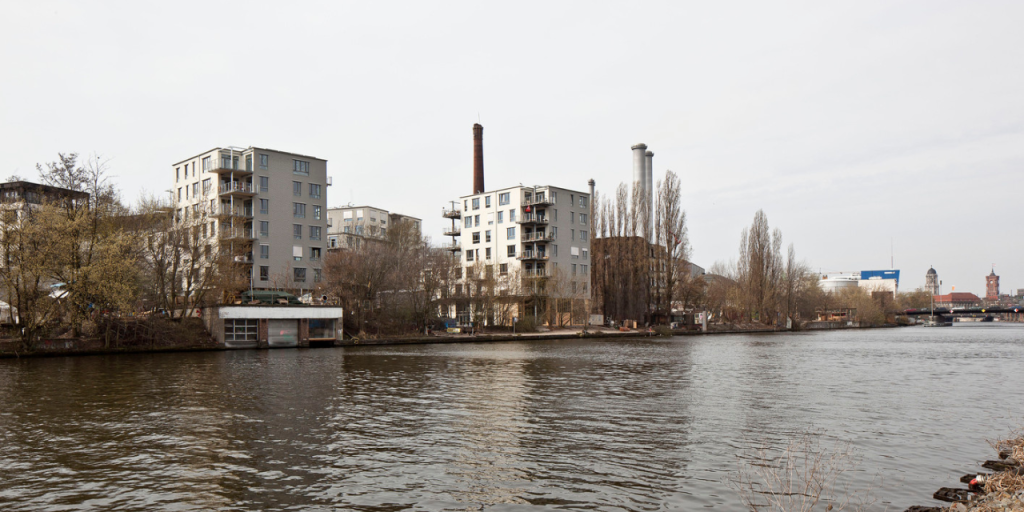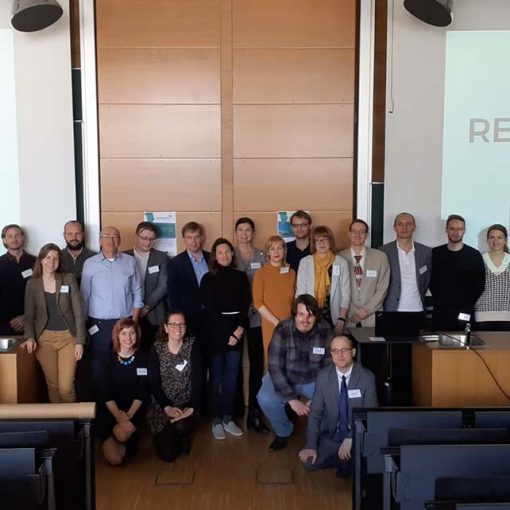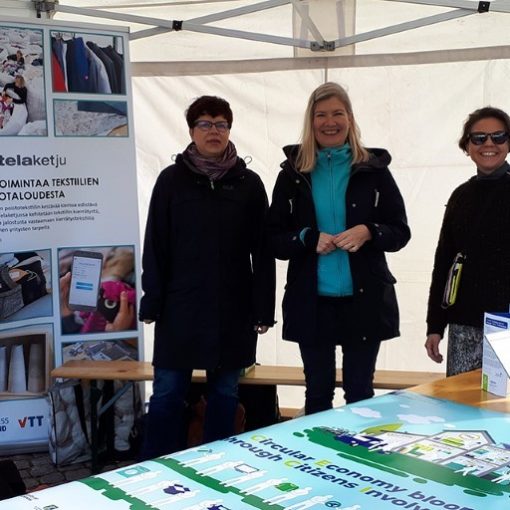Many large cities experience housing shortages due to urbanization. Therefore, the cost of purchasing or renting market-priced residential units is increasing. This leads to a situation where only part of the urban residents can afford market-priced housing. That makes affordable housing programmes crucial to providing city residents with decent living conditions, and thereby avoiding social and economic crises. (The World Bank Group 2023.)

Usually, affordable housing is provided by local authorities based on a household’s income. However, such affordable housing often requires an applicant to fulfil certain criteria to be eligible for affordable housing programmes. There is often not much choice given to potential residents regarding location and type of housing, which reduces the benefit of such housing for the residents (Svintsov 2023).
Cooperative housing as an alternative to state run housing programmes
Cooperative housing is an alternative to traditional affordable housing. It might help to solve the housing shortage and provide quality housing at below market prices. Cooperative housing is a form of joint housing ownership, where members buy shares in a cooperative and can occupy residential units with regulated rents. Cooperatives act as non-profit organisations and are managed based on democratic principles, therefore, all of the payments are used to improve the living conditions of members of a cooperative, and every member gets a vote and, therefore, is involved in the decision-making process. Cooperatives are in charge of the construction and management of their residential buildings. Unlike government affordable housing programmes, cooperative housing does not require any direct financing from the municipal or national budgets and relies on the funds collected by members of the cooperative. However, cooperatives should be recognised by the authorities, and a legal system that allows and promotes cooperatives should be created in order for them to be able to operate. (Co-operative housing alliance 2018.)
The experience of Germany
The first housing cooperatives in Germany were established in the 19th Century. However, most of them appeared after World War II and continued to grow afterwards. The cooperative housing system in Germany is considered successful and its expansion in the future is encouraged. (Co-operative housing alliance 2018.)
Cooperative housing is a widespread form of affordable housing in Germany, with 5 % of the total housing stock of the country owned by cooperatives (Co-operative housing alliance 2018.). Cooperatives in Germany are supported by the authorities by giving them a chance to purchase available plots of land before private investors and through tax relief (Baleo 2019.). In Berlin, cooperatives help to preserve rent prices at an affordable level, which is crucial since the median income in the city is relatively low (Baleo 2019).
A cooperative housing system is worth considering when a City is looking for a way to increase housing affordability. The experience of Germany in this field can be analysed and adopted in other countries in Europe and beyond.
Authors
Stepan Svintsov qualified in June 2023 as a Master of Engineering in the Urban Sustainability Programme at LAB University of Applied Sciences.
Paul Carroll is a lecturer of environmental technology and urban sustainability at LAB University of Applied Sciences.
References
Baleo, M. 2019. Berlin: The challenge of affordable housing in a city of low-income tenants. La Fabrique de la Cité. Cited 20 May 2023. Available at https://www.lafabriquedelacite.com/en/publications/berlin-the-challenge-of-affordable-housing-in-a-city-of-low-income-tenants/
Co-operative housing alliance. 2018. About Germany. Cited 20 May 2023. Available at https://www.housinginternational.coop/co-ops/germany/
Svintsov, S. 2023 Affordable housing and its environmental impact: case studies and literature review. Master thesis. LAB University of Applied Sciences, Faculty of Technology. Lahti. Cited 21 June 2023 Available at https://urn.fi/URN:NBN:fi:amk-2023061223653
The World Bank Group. 2023. Urban Development Overview. 2022. Cited 20 May 2023. Available at https://www.worldbank.org/en/topic/urbandevelopment/overview#:~:text=Today%2C%20some%2056%25%20of%20the,people%20will%20live%20in%20cities.
Zscharnt, U. 2015. Coop Housing at River Spreefeld / Carpaneto Architekten + Fatkoehl Architekten + BARarchitekten. ArchDaily. Cited 20 May 2023. Available at https://www.archdaily.com/587590/coop-housing-project-at-the-river-spreefeld-carpaneto-architekten-fatkoehl-architekten-bararchitekten




